Guide
Buying a car on Marqued: Everything you need to know
Buying a car in an online auction can be overwhelming—especially if it's a classic, and especially if it's your first time. While any sight unseen purchase is not without risk, there are best practices and precautions you can take to mitigate unforeseen issues to the best of your ability.
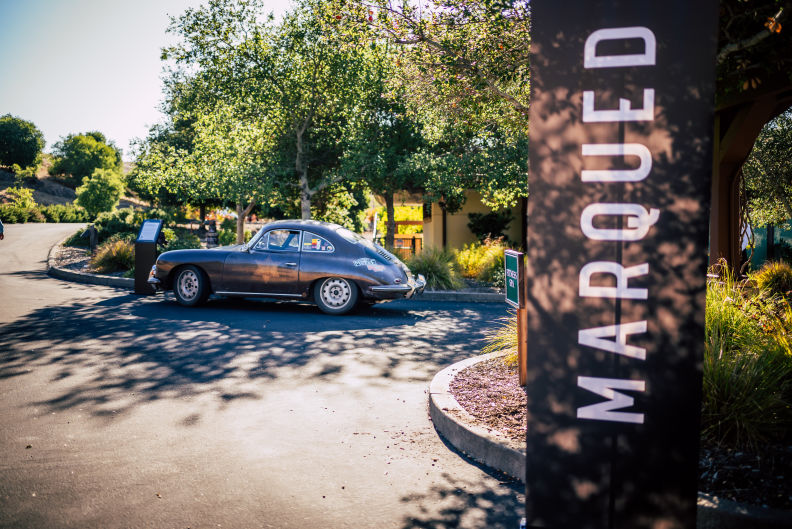
Here on the Marqued platform, every auction lot is curated and vetted by our team. Detailed write ups and quality photography in each listing are put together in conjunction with the seller to create a seamless buying experience. While all of these considerations are done to bring quality cars to market with a laser-focus on transparency, it’s always encouraged that prospective buyers do their homework to feel informed, comfortable, and safe buying in an online auction setting.
We've put together a few tips to get you started:
Due diligence is everything.
Ask questions. Knowledge is power. Before bidding comes down to the final action, it’s important to be comfortable with all aspects of the purchase decision to identify your bidding limit.
Vehicles for auction on Marqued are given a two week listing period, meaning you’ll have plenty of time to review all the information, do outside research, and ask any questions of the seller before the lot closes.
In line with our mission to increase transparency and build community, we encourage all bidders to ask questions in the public comments section of each listing. For more involved inquiries, you are also able to contact the seller directly on Marqued (more on that below). For privacy concerns, we ask that no contact information be exchanged in the public comments.
Know who you’re buying from.
First things first: understand who you’re buying from. It's important to know if the person representing the car for sale is actually the owner, a broker or dealer, or friend, etc. In today’s classic car landscape, not all dealers and brokers work under the traditional brick and mortar operation. On Marqued, you’re able to see if you’re dealing with a private party or dealer on each listing page.
If the car is represented by a broker or dealer, get an understanding if they have purchased this vehicle to sell or are representing a collector’s vehicle on consignment. If the latter, your ability to access information and history about the car likely improves. You can see if the car is being sold from a private party (owner or owner’s representative) or a dealer in the vehicle details section.
Talk to the owner. You want to be comfortable with who you’re buying from. All the standard issue ‘gut feelings’ about people apply, though in most cases a transfer in custodianship usually leads to a strong friendship between buyer and seller.
Each listing also includes a ‘from the seller’ section, where the owner or representing party will share their thoughts and input directly with auction onlookers.
Via the ‘contact seller’ button on each listing you’re able to start a conversation directly with the seller. This is primarily used to schedule a viewing or pre-purchase inspection.
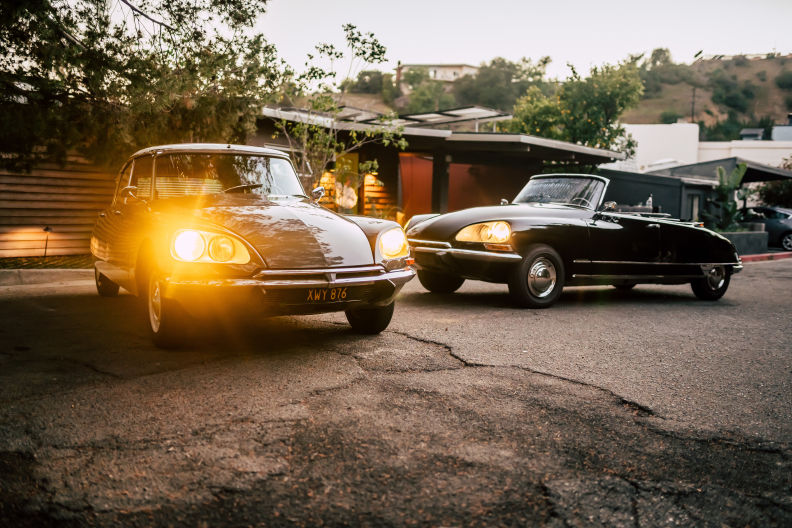
Follow the chain of ownership.
You want a sense for what type of life this car has lived. Was it a happy life or was it a neglected life? Generally speaking, this is why the market places a premium on cars with a lower number of owners as the ownership of the car can be traced more easily. It’s not to say a two-owner car can’t have horror stories, but usually there is more visibility into the car’s time on this planet.
The more documentation the better. Many classic car enthusiasts are incredibly thorough and methodical about keeping records of maintenance, receipts, log books, etc. When buying online, you may not always have the opportunity to review all of these documents closely so in that scenario it’s most important to focus on the last decade or so of ownership and understanding what story the documentation speaks to its current condition.
The thicker the stack of papers, the better.
Pre-purchase inspections aren’t perfect, but they are valuable.
With some light research into forums and other resources, you can not only source common issues or flaws with your desired classic, but also get your bearings set on which marque-specific mechanics are reputable that could assist in giving you the ‘truest’ analysis of the car’s condition with a pre-purchase inspection.
No PPI is perfect, but they can help catch potentially catastrophic issues ahead of your purchase. In an auction setting, it’s important to inquire about a PPI in a timely manner as the window of the sale is limited—in-part, a reason why we’ve opted for a two-week auction timeline on Marqued.
Depending on what’s discovered, you can assess if the vehicle is still right for you and your bidding threshold. The cost of a pre-purchase inspection is normally the responsibility of the buyer (though sometimes the seller will provide this) and you can generally expect to pay in the order of $200 to $500, and potentially up to a few thousand dollars for high-end, specialty vehicles.
In some remote areas, it is not uncommon for the mechanic performing the PPI to also be the mechanic who currently services the vehicle. The car world is small, and for the most part, reputation is everything so unless there are obvious red flags this normally isn’t too much to be concerned about.
If a qualified mechanic isn’t local to the car, try calling up a mechanic local to you and politely ask if you can share the listing with them as some form of inspection. In effort to gain your future business if you do happen to purchase the car, these ‘consultations’ are sometimes provided for free though you should be prepared to pay their hourly rate for time spent.
A PPI is a smart insurance policy so don’t shy away from this and smart due diligence to conduct before you bid as all auction prices are final.
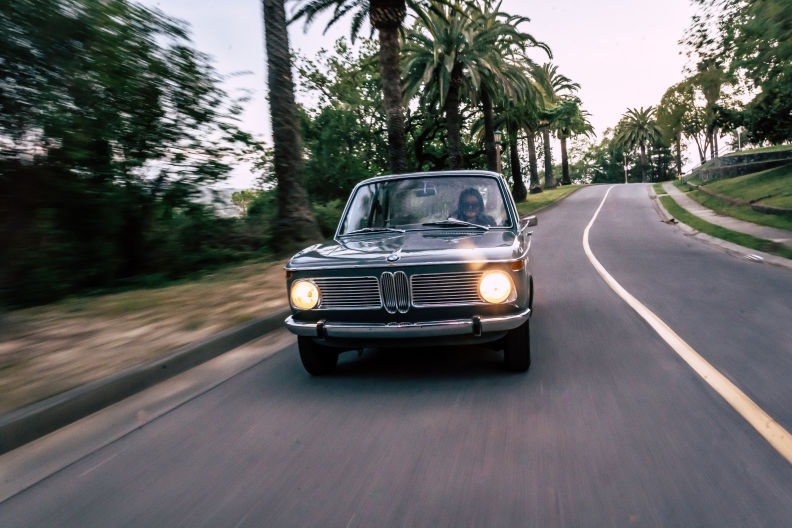
Research the market.
Today’s classic car market is seeing record appreciation in some categories, so pricing considerations can change on a monthly, or even weekly basis.
Some great resources for comparable sales are Classic.com, Hammer Price and Hagerty’s Valuation Tool (keep in mind these tools only present public auction results). When browsing comps, you want to dive into the details about the condition and characteristics of each car. It’s not just the top line sale number that matters. Understand why it sold for what it sold for.
Don’t forget auction fees.
Auction premiums vary from company to company. Larger scale, premium auction houses like RM Sotheby’s, Gooding & Co., or Bonhams who focus on the heavy metal in the market normally charge both buyer and seller a 10% premium, even if you’re bidding online.
On Marqued, our fee structure is simple. Buyers pay a 5% premium, capped at $5,000. Thus, if the car you’re bidding on hammers at anything over $100,000 you still pay a fixed $5,000 fee.
Cutting the check.
Now it’s time for payment and document transfer. Traceable electronic payment is the way to go here. There are also online escrow services who can partially hold fund transfer until the vehicle has been delivered for additional payment security.
Make sure the seller sends the title of the vehicle, maintenance records, and various documents outline the car's history via mail and not with the car if it's being shipped. You’ll also want to make sure that a Bill of Sale is signed by both parties. If you need help finding one, here’s a link to a helpful template.
Two things are certain — Registration and taxes.
The advertised, or hammer price, of the car you may have just bought is just the starting cost. Registration and taxes are obvious but additional costs to bear in mind. Taxes vary from state to state. Additionally, some cars cannot be registered in some states due to emissions restrictions or import ineligibility. It goes without saying the ability to register your car in the state in which you reside is critical, but even so there are stories of enthusiasts who have gotten this wrong. Don’t be that enthusiast.
For more details on importation, you can read the Marqued Import Guide.
You get what you pay for — even more so with shipping.
The first, and major, shipping criteria is deciding if you’re shipping the car in a covered or uncovered transport. Covered transport is usually the safer, and more expensive, option as it protects the car from the elements, possible rock chips, etc. whereas uncovered transport is usually more appropriate if you’re buying a newer car or shipping from a short distance.
The labyrinth of shipping websites, brokers and networks can be overwhelming to navigate. Watch out for suspiciously low pricing and make sure to check reviews. Before the car ships, you want to inspect the photos of the car, or preferably even ask the seller for additional pictures of the car prior to loading as a record of condition before transport. Once the car arrives, make sure you inspect the vehicle for any possible damage during transport. Drivers are usually forthcoming about any issues that may have taken place, but they also may not know if something shifted or occurred during transit.
There are a number of companies who specialize in transporting classic vehicles like Passport Transport and Reliable Carriers though they tend to be on the more expensive side. Another online service is U-Ship, where you can put your shipping route up for bid and see various options based on time, cost, and type of transport. If you’re buying from a dealer, they are able to assist in arranging reliable transport in many cases as well.
Once you’ve accepted delivery, tipping your driver is always a nice gesture.
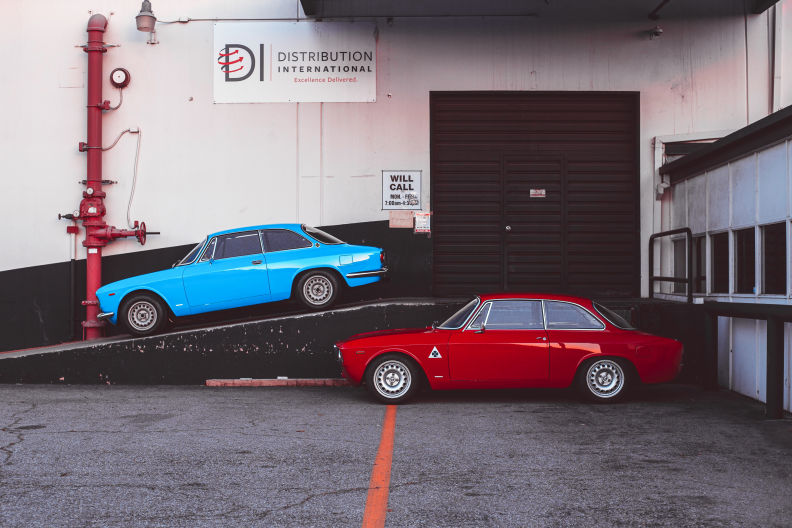
Insurance required.
Make sure you’re protected. The agreed value of your vehicle is a key consideration in choosing a provider, as in the event of an unforeseen incident you want to be covered for as close to market value as possible. Unlike modern cars, the market value of a classic vehicle is less formulaic so it’s advisable to research the market and potentially provide comparable sales figures to your provider when securing a policy.
If you have at least one car, typically your daily driver, insured with any major car insurance company, your car may be eligible for classic car specific insurance which is tailored for enthusiasts. These policies are normally less expensive than going through the standard run of insurance providers.
Define your collecting philosophy.
What you drive can be a reflection of what drives you. The characteristics and nuances that can differentiate examples of the same make and model on the market are plentiful. Condition, originality, provenance, rarity, specification, drivability—the list goes on and on.
If or when the day comes to expand your garage, it’s always fun to consider how each car in your collection plays off one another and what story they tell as a whole. Some collectors purely chase good deals, others enter rabbit holes of a specific marque, designer, you name it.
Make no mistake, whether you have one car in your garage or one hundred, we are all equally collectors. You can explore the collecting philosophies of collectors across the world on Marqued to get inspired.
Legal disclaimer
Porsche Digital, Inc. is not an automobile broker, dealer or traditional auctioneer and we do not sell, exchange, buy, or offer for sale, negotiate or attempt to negotiate, a sale or exchange of an interest in any vehicle listed on the website or utilizing the services. Porsche Digital, Inc. has not ever: (I) held title for any vehicle listed on the website, (2) inspected any vehicle listed on the website or (3) had any vehicles listed on the website in its legal possession.
Comments (...)
What to read next

Antares Au's full throttle shift from Wall Street to race track
0 comments

This Malaysian Porsche 911 went from scrapheap to showstopper
0 comments
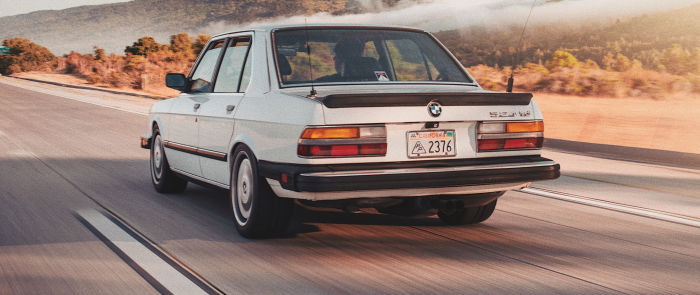
Enthusiast Roundtable: The BMW E28 is a classic driver for the modern world
0 comments
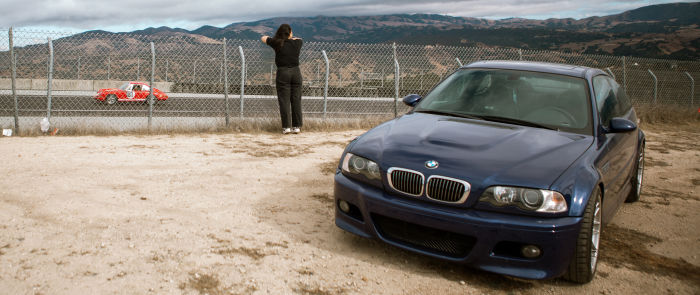
How Rennsport Reunion 7 transcends Porsche as the ultimate enthusiast gathering
2 comments
Before you get started
Please verify your account. You can do so by clicking on the link in the email we sent you.
Can't find your verification email? Click to resend it.
This website uses cookies. We do this to better understand how visitors use our site and to offer you a more personal experience. We share information about your use of our site with social media and analytics partners in accordance with our Privacy Policy. Additional information for California residents




